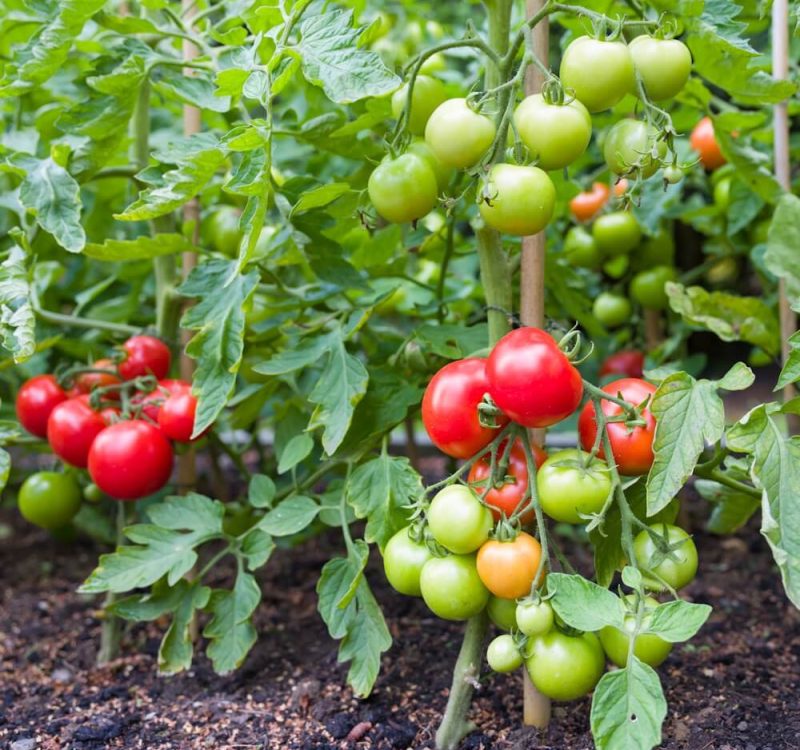pecan
Transform Your Garden into a Personal Paradise!
Best Fertilizer for Pecan Trees – Unlocking Bigger Harvests and Stronger Trees
Pecan trees (Carya illinoinensis) are iconic nut trees that can thrive for decades, producing rich, buttery nuts prized in both home gardens and commercial orchards. While naturally hardy, pecans are heavy feeders with complex nutritional needs that directly affect nut size, quality, and yield.Pecan trees grow vigorously, often reaching heights of 20–30 meters, and their deep roots extract nutrients from the soil year after year. However, without regular fertilization, nutrient depletion leads to poor nut fill, smaller kernels, and increased susceptibility to pests and diseases. A comprehensive fertilization plan addresses the following key nutrients:
- Nitrogen (N): The primary driver of leaf and shoot growth. Strong foliage is essential for photosynthesis and energy production that fuels nut development.
- Phosphorus (P): Encourages root growth, flower initiation, and the early stages of nut set. Deficiency leads to poor flowering and weak root systems.
- Potassium (K): Critical for nut filling, shell hardening, and overall tree health. Potassium deficiencies can result in “stick-tights,” where nuts fail to release from their husks.
- Calcium, Zinc, and Boron: These micronutrients prevent common pecan issues like rosette leaves (zinc deficiency), poor nut set, and weak shells.
Because pecan trees are long-lived and yield heavily, consistent nutrient replenishment is the key to maintaining their productivity and extending their lifespan in both home and orchard settings.


How and When to Fertilize Pecan Trees
Fertilizing pecan trees at the right time is just as important as the fertilizer itself. Pecans have a long growing season, and their nutrient requirements shift dramatically between leaf-out, nut fill, and post-harvest recovery. Here’s a detailed seasonal strategy:
1. Late Winter to Early Spring (Pre-Bud Break)
Apply the first feeding of the year as trees prepare to emerge from dormancy. Nitrogen-heavy feeding encourages strong leaf and shoot growth, which is essential for photosynthesis and early nut set. Soil-applied fertilizer combined with a light foliar spray can give young leaves a boost.
2. Early Summer (Nut Formation)
Once flowering transitions to nut development, potassium demand increases significantly. A balanced NPK fertilizer ensures proper nut fill and reduces the risk of “shuck decline,” where immature nuts dry out prematurely. This is the stage where deficiency symptoms become visible if feeding is neglected.
3. Mid to Late Summer (Kernel Filling)
Kernel filling is the most nutrient-intensive stage. Regular irrigation combined with mid-season feeding keeps nuts plump and high-quality. Zinc sprays may also be applied to prevent leaf distortion and maintain energy production.
4. Post-Harvest (Recovery Stage)
After the nuts are harvested, pecan trees need to restore energy reserves for the next season. A lighter, balanced feeding supports root development and prepares the tree for winter dormancy.
- Always water deeply after fertilization to help nutrients reach the root zone.
- Conduct soil and leaf tissue tests every 2–3 years to fine-tune your fertilization plan.
- Mulching under the canopy can reduce nutrient leaching and improve soil health.
Following this cycle ensures pecan trees remain productive for decades, yielding heavy crops of high-quality nuts.


Recommended Fertilizer and Pecan Tree FAQs
For home growers and orchards alike, a balanced fertilizer like NPK 20-20-20 liquid is ideal for pecan trees. This all-purpose formula provides the nitrogen for leaf growth, phosphorus for root and flower development, and potassium for nut filling—along with micronutrients that maintain tree health.
Frequently Asked Questions
- What is the best fertilizer for pecan trees?
A balanced NPK fertilizer such as 20-20-20 liquid is effective for both young and mature pecan trees. - When should I fertilize my pecan tree?
Feed in late winter, early summer, mid-summer during kernel fill, and lightly after harvest. - Do pecan trees need zinc?
Yes, zinc is vital for leaf health and nut set. Foliar zinc sprays can correct deficiencies quickly. - How can I increase nut size and quality?
Maintain a consistent fertilization and irrigation schedule, and avoid nutrient stress during nut fill. - Can I use liquid fertilizer for pecans?
Yes, liquid 20-20-20 is absorbed efficiently, providing fast-acting nutrition during key growth stages.
By following a seasonal feeding plan and using a balanced liquid NPK fertilizer, your pecan trees will remain vigorous and produce abundant, high-quality nuts year after year.
Recommended Products
- Quick View
- Select options This product has multiple variants. The options may be chosen on the product page






